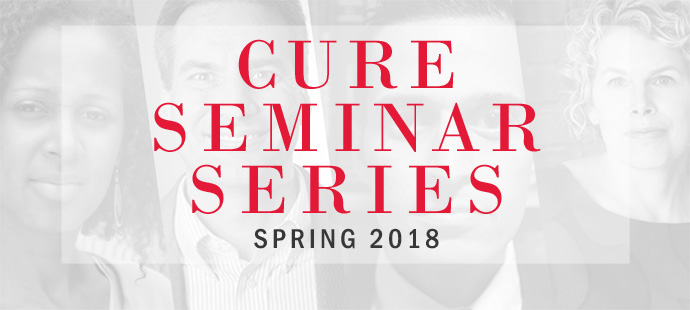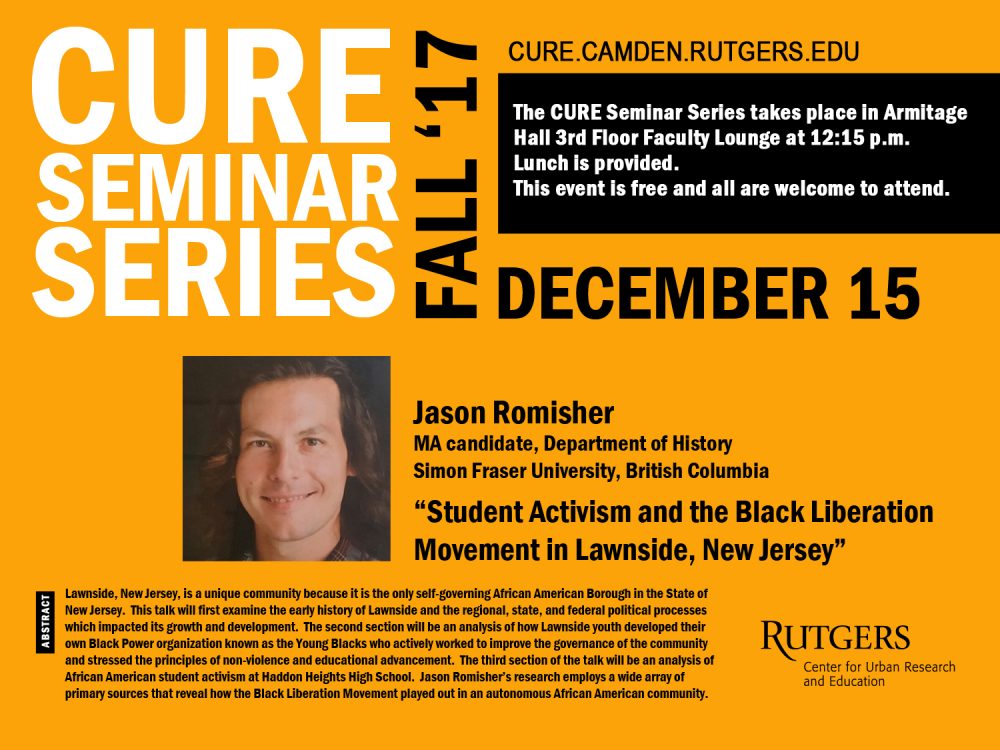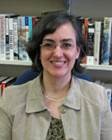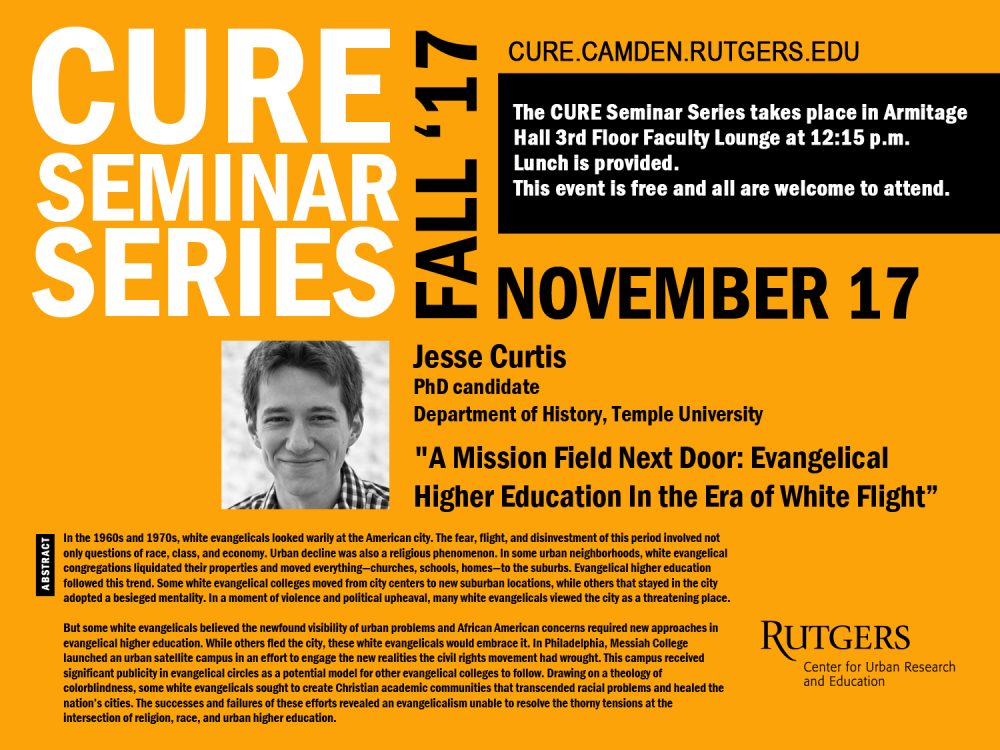
Thursday, January 25
Armitage Hall, Faculty Lounge
12:30 p.m. – 1:45 p.m.
Presented by Zaire Z. Dinzey-Flores
Associate Professor of Sociology and Latino and Caribbean Studies at Rutgers University
“Location, location, location…” so goes the trope for how real estate properties derive their value. But how does race figure in the attribution of value for a property and a neighborhood? Based on ethnographic and mixed-method research in two demographically-transitioning neighborhoods in 21st Century Brooklyn, Dinzey-Flores considers how neighborhood spaces and property interiors are aesthetically, discursively, and materially produced and crafted by real estate actors in ways that render previously socially de-valued neighborhoods “valuable” and “worthy” of investment. Of particular focus, is the way in which racial conceptualizations—of “blackness,” “Latino-ness”, or “whiteness”—are codified and “built in” in the social desirability and economic valuation process of properties and neighborhoods. (more…)

 Stephen Danley, Assistant Professor of Public Policy and Urban Studies at Rutgers University–Camden, for receiving this competitive, national fellowship! According to Steve,
Stephen Danley, Assistant Professor of Public Policy and Urban Studies at Rutgers University–Camden, for receiving this competitive, national fellowship! According to Steve, Lawnside, New Jersey, is a unique community because it is the only self-governing African American Borough in the State of New Jersey. This talk will first examine the early history of Lawnside and the regional, state, and federal political processes which impacted its growth and development. The second section will be an analysis of how Lawnside youth developed their own Black Power organization known as the Young Blacks who actively worked to improve the governance of the community and stressed the principles of non-violence and educational advancement. The third section of the talk will be an analysis of African American student activism at Haddon Heights High School. Jason Romisher’s research employs a wide array of primary sources that reveal how the Black Liberation Movement played out in an autonomous African American community.
Lawnside, New Jersey, is a unique community because it is the only self-governing African American Borough in the State of New Jersey. This talk will first examine the early history of Lawnside and the regional, state, and federal political processes which impacted its growth and development. The second section will be an analysis of how Lawnside youth developed their own Black Power organization known as the Young Blacks who actively worked to improve the governance of the community and stressed the principles of non-violence and educational advancement. The third section of the talk will be an analysis of African American student activism at Haddon Heights High School. Jason Romisher’s research employs a wide array of primary sources that reveal how the Black Liberation Movement played out in an autonomous African American community.
